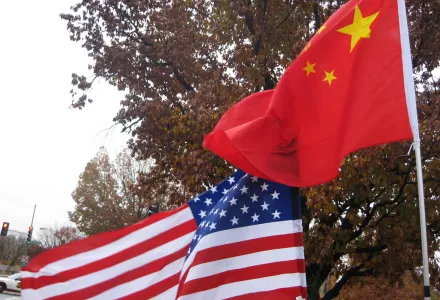This seminar will present a new research agenda on how to prevent high-damage—especially nuclear—war. The associated book project begins with the claim that traditional security scholars’ emphasis on the dangers of uncertainty in world politics is misplaced. Instead, the book argues that high-damage war often follows not from uncertainty, but from a conviction—a near-certainty—that war cannot be avoided. An early look at primary and secondary sources shows that belief in the inevitability of war played a crucial role in the lead-up to both world wars. It is likely to be a key ingredient in any future nuclear exchange as well. The argument provides some confirmation that power politics and war can become self-fulfilling prophecies, as social constructivists have long held. It also implies that nuclear security scholars are far too focused on making sure that nuclear deterrence is credible, and insufficiently worried that demonstrating credibility will create a dangerous sense of fatalism that can lead to war. A related article-length project argues that the nuclear revolution, the contention that nuclear weapons have changed international politics in important ways, has survived into the post- Cold War era. The presentation will conclude by summarizing short works on U.S.-North Korean relations and the importance of honoring nuclear forbearance.
William d’Ambruoso is a Stanton Nuclear Security Postdoctoral Fellow at the Belfer Center. He earned his Ph.D. in Political Science at the University of Washington. His research interests include the causes of war and wartime violence. He is currently working on a book project that examines previous major wars, and future nuclear ones, as self-fulfilling prophecies. A second book explaining the recurrence of interrogational torture by the United States since the early 20th Century is under contract with Oxford University Press. He taught previously at Bates College.




